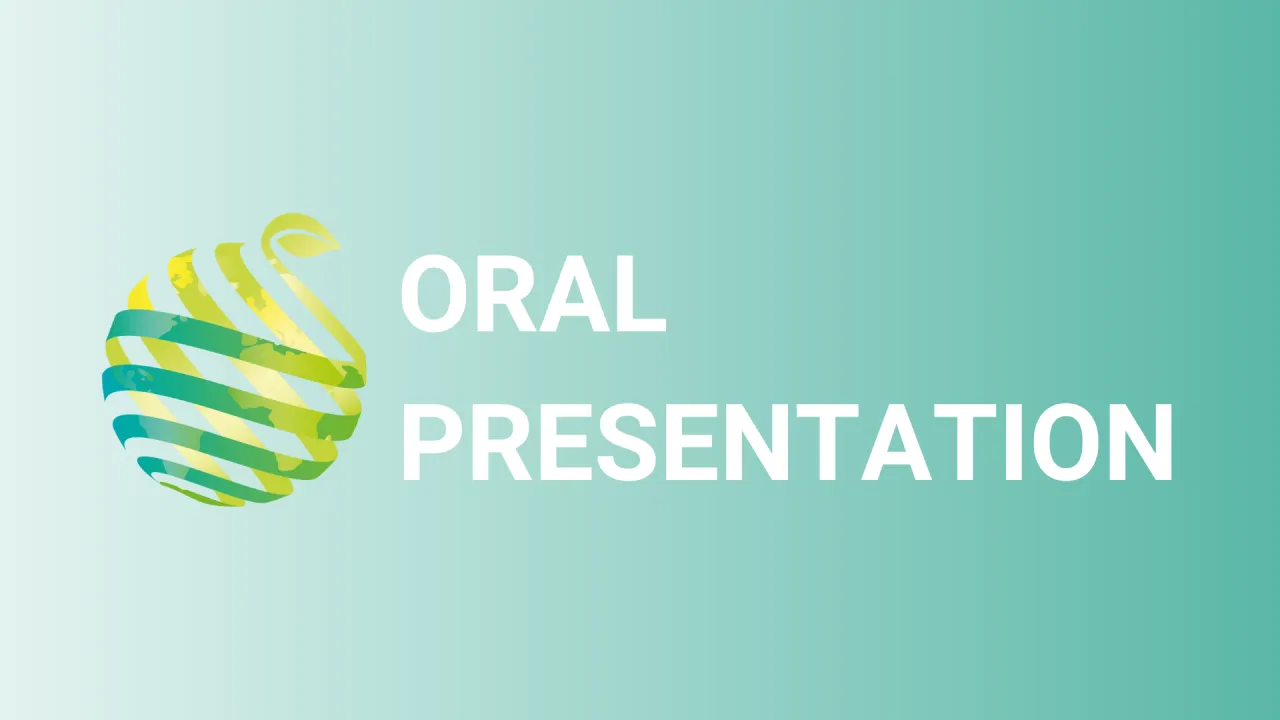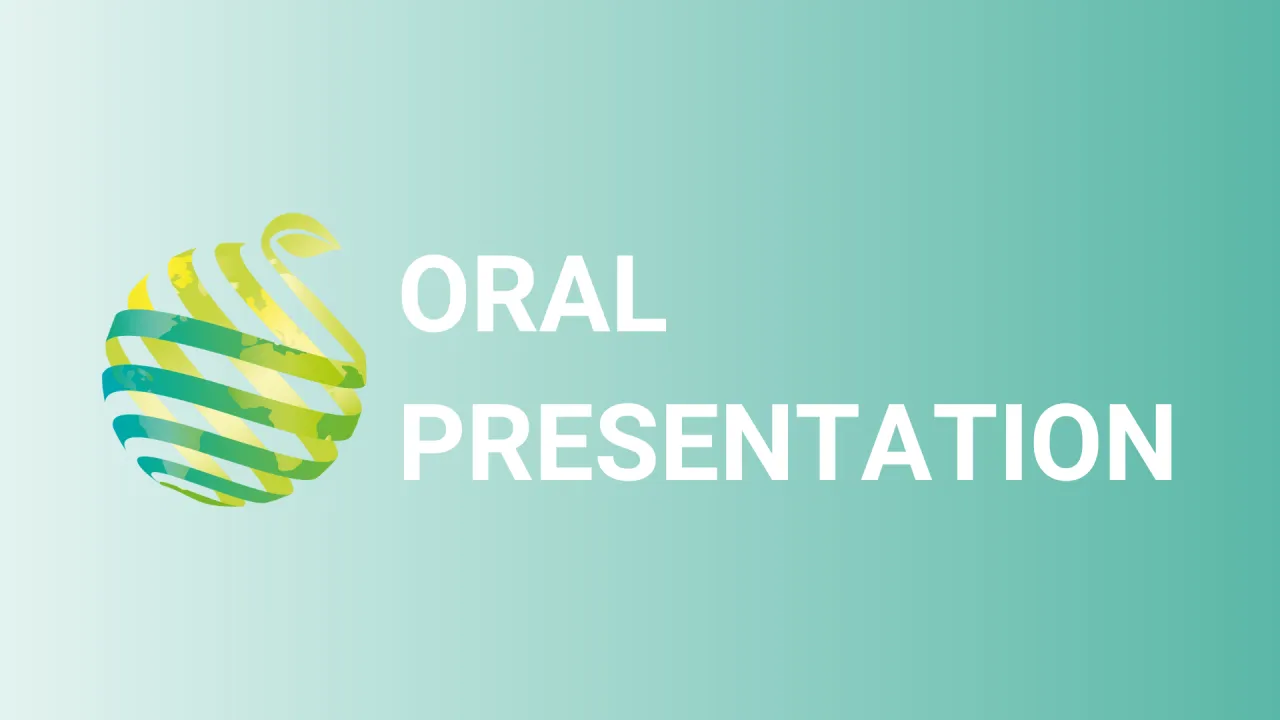

S02 - Session O3 - Genetic diversity in Mediterranean Brassica vegetables: seed phenotyping could be useful for sustainable crop production
Information
Authors: Marie-Hélène Wagner *, Fella Aïssiou, Franz-Werner Badeck, Gwenaelle Deniot, Sylvie Ducournau, Audrey Dupont, Cyril Falentin, Laurène Gay, Anna Geraci, Pascal Glory, Houria Hadj-Arab, Jose Antonio Jarillo, Vladimir Meglic, Caterina Morcia, Elisabetta Oddo, Mónica Pernas, Manuel Pineiro, Barbara Pipan, Vincent Richer, Rosario Schicchi, Lovro Sinkovic, Valeria Terzi, Anne-Marie Chèvre
A European funded project (H2020 PRIMA program) aims to explore the genetic diversity present in two economically important Brassica crops species for sustainable crop production. This diversity is present both in wild populations but also in cultivated landraces and has been shaped by contrasting environments. An international consortium of 11 partners has begun to collect and multiply wild populations extending from the North Atlantic coast to the southern Algerian desert as well as local varieties from the six contributing countries in order to characterize the genetic diversity available over a wide soil-climate gradient. A total of one hundred populations has been reached for each species. Identifying the genetic variation and understanding the basis for it will allow the development of breeding strategies for a better adaptation of turnip and cabbage to climate change. One third of the collection has been already phenotyped for germination traits on native seeds harvested in 2020 for wild populations or provided by farmers and seed banks for local landraces. In favorable conditions, a high diversity in germination capacity and germination rate was observed independently of seed age. The two species have a different germination profiles: some turnip seeds can stand higher temperatures and lower water potential than most cabbage seeds. Variation in flowering time has also been documented in these plants. Nevertheless, a second set of seeds produced by IGEPP for the full collection in the same conditions will be then phenotyped under three abiotic conditions for sowing using automated germination tools: one control condition, one single stress with warm temperature and one double stress combining high temperature and water stress to simulate climate change in the Mediterranean area from where the two species are native.